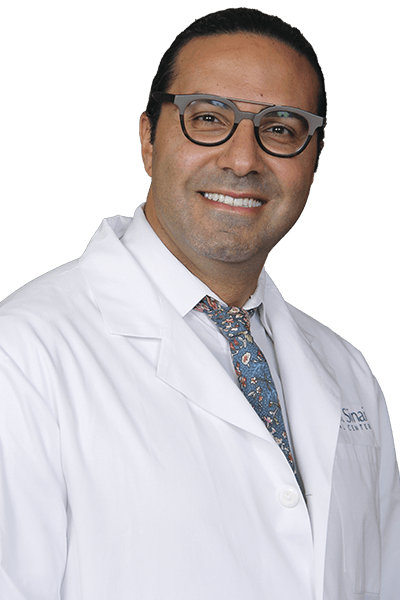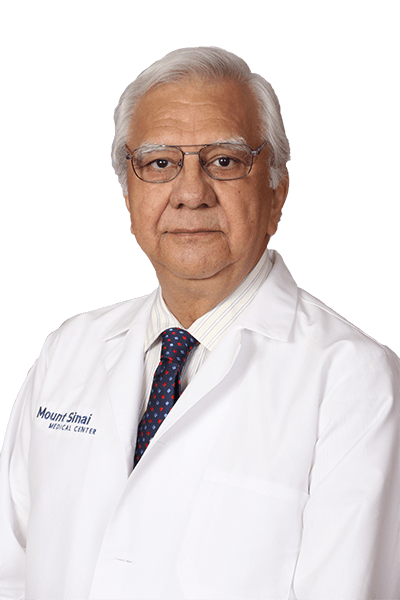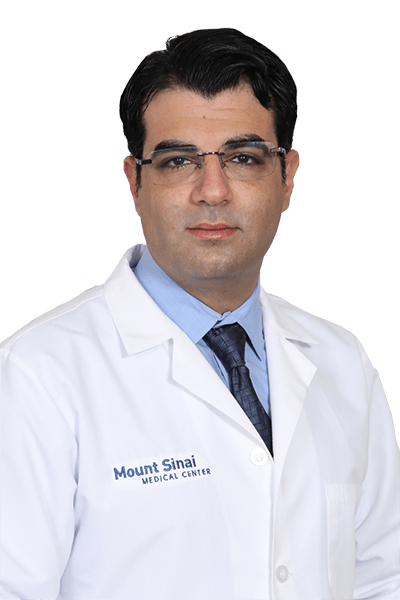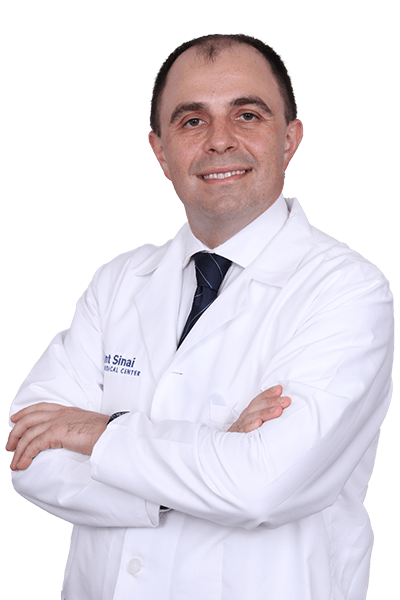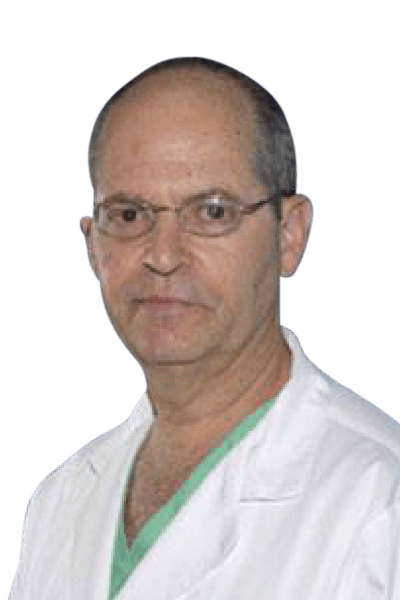Vascular Surgery
Not all vascular problems can be managed conservatively or noninvasively. Sometimes, diseased vessels are too damaged to be salvaged without bypass, removal, and replacement. For instance, regions of the intestines may need to be removed if there is suspicion that the cells have died as a result of mesenteric arterial disease. The normal bowel is then reconnected and the vessel is opened with either a stent or graft.
Arterial Disease
- Leg and Arm Bypass with Vein and Prosthetic Grafts – When there is a blockage in an artery/vein, the blockage can be bypassed with either another vein or a synthetic graft made of a medically compatible material. It’s a less direct path, but the flow continues, and the tissue can be oxygenated.
Carotid Disease
- Carotid Body Tumors Resection – This is an open surgery via an incision in the neck, which avoids the external carotid artery. The tumor is removed and, if possible, the arteries are reconnected. Alternately, a graft is placed.
- Carotid Endarterectomy – This is an operation during which the vascular surgeon removes the thickened or damaged inner lining of the carotid artery. This eliminates a substance called plaque from your artery and can restore blood flow.
- Transcarotid Artery Revascularization (TCAR) – Transcarotid Artery Revascularization is a minimally invasive procedure to treat blockage caused by carotid artery disease. TCAR is unique, because blood flow is temporarily reversed during the procedure so that any bits of plaque that may break off are diverted away from the brain. It can help prevent future strokes.
Mesenteric and Renal Disease
- Open Surgical Bypass or Aneurysm Resection – When there is a dilation of an artery, called an aneurysm, the surgery involves an incision in the abdomen to access the diseased vessel. Either a stent, a rigid tube, or a graft is used to bypass the bulge and normalize the blood flow, reducing the risk of rupture.
Venous Disease
- IVC Filter Placement and Retrieval – An inferior vena cava (IVC) filter is a small device that can stop blood clots from traveling from the legs or pelvis to the lungs. The inferior vena cava is a large vein in the middle of your body. The device is put in during a minimally invasive surgery through an incision in the groin or neck. The filter is placed through a catheter in the vein and stops clots while letting blood flow through.
- Management of Acute & Chronic Iliocaval Thrombosis/Occlusion – Endovascular iliocaval reconstruction is used to unblock a vein with a stent, or rigid tube, and is a procedure that is often able to relieve debilitating symptoms in affected patients.
- Vein Interruption Surgery – In this procedure, a small incision is made in your leg. A catheter, or long, thin tube, is inserted with a balloon on its tip. Using the balloon to separate the surrounding tissues from the veins, the “problem” veins are identified after the insertion of a telescope. Once the veins are identified, they are clipped shut.
- Thrombectomy – Using imaging to guide the physician, we insert a catheter, or long, thin tube, through the vein into the blood clot. Then, using a device called a stent remover, the physician catches the clot and pulls it back through the vein to remove it.
Our Physicians
Micheal T Ayad, MD
Chief, Division of Vascular Surgery
Director, Vascular Institute
Co-Director, Aortic Center
- Endovascular Surgery
- Vascular Surgery
- Aortic Aneurysm Repair
- Mount Sinai Medical Center (Main Campus)
- 305.674.2071
- Mount Sinai Emergency Center, Physician Offices, Cancer Center and Diagnostic Center Aventura
- 305.692.1072
- Mount Sinai Specialty Care Key West I Cardiology, Urology & Vascular Care
- 786.584.5555
Manuel Sivina, MD
- General Surgery
- Vascular Surgery
- Mount Sinai Medical Center (Main Campus)
- 305.674.2121
Edward Andraos, MD
- Vascular Surgery
- Aortic Aneurysm Repair
- Mount Sinai Medical Center (Main Campus)
- 305.674.2071
- Mount Sinai Emergency Center and Primary & Specialty Care Hialeah
- 786.584.5555
- Mount Sinai Specialty Care Key West I Cardiology, Urology & Vascular Care
- 305.294.8334
Jacob Schwartzman MD, MPH, RPVI
- Vascular Surgery
- Mount Sinai Medical Center (Main Campus)
- 305.674.2906
- Mount Sinai Medical Center (Main Campus – 4302)
- 305.674.2121
- Mount Sinai Emergency Center, Physician Offices, Cancer Center and Diagnostic Center Aventura
- 305.692.1072
- Mount Sinai Specialty Care Key West I Cardiology, Urology & Vascular Care
- 305.294.8334
Stephen W Unger, MD
- General Surgery
- Vascular Surgery
- Mount Sinai Medical Center (Main Campus)
- 305.674.2121


